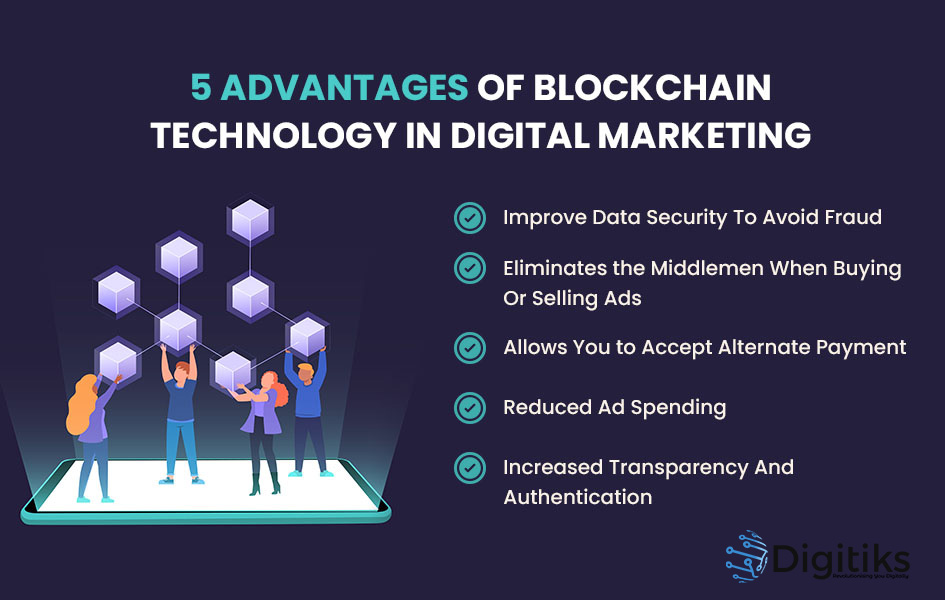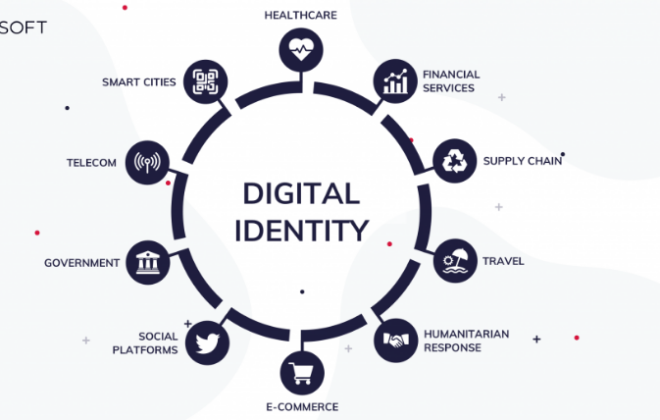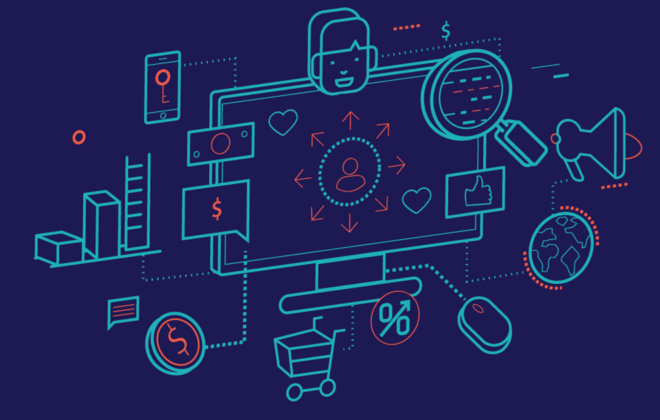Digital Marketing in the Age of Decentralization: How Blockchain is Transforming the Industry

Introduction: The digital marketing landscape is constantly evolving, and blockchain technology is poised to revolutionize the industry. In this blog, we will explore how blockchain is changing the game for digital marketers, and the ways in which businesses can leverage this technology to their advantage.
Section 1: The Challenges of Digital Marketing in a Decentralized World In today’s decentralized world, digital marketing faces several challenges. The rise of ad fraud and fake clicks is a major issue that can result in wasted advertising budgets and a lack of return on investment. Traditional ad platforms also have their limitations, such as the lack of transparency and the inability to track ad performance across multiple channels. As a result, there is a growing need for greater transparency and accountability in the digital marketing industry.
Section 2: The Role of Blockchain in Digital Marketing Blockchain technology offers a solution to the challenges faced by digital marketing. By decentralizing data storage and providing greater transparency, blockchain can reduce the risk of ad fraud and increase accountability. Smart contracts and automation can streamline the buying and selling of ad space, while improving data privacy and security.
Section 3: Use Cases for Blockchain in Digital Marketing There are several use cases for blockchain in digital marketing. One example is supply chain transparency, where blockchain can be used to track the journey of products from manufacturer to consumer. Digital identity and reputation management is another use case, where blockchain can help to verify user identities and ensure the authenticity of online content. Additionally, blockchain can be used to reward users for engagement and data sharing, creating a more interactive and user-centric marketing experience.
Section 4: Examples of Successful Blockchain-based Digital Marketing Campaigns Several companies have already started using blockchain-based solutions to improve their digital marketing efforts. PepsiCo’s “PepCoin” loyalty program rewards customers with cryptocurrency for purchasing their products. Unilever’s “Project Unblocked” is a blockchain-based platform that improves transparency and accountability in the ad supply chain. Kodak’s blockchain-based rights management platform helps photographers and artists protect their intellectual property and earn royalties.
Conclusion: Blockchain technology has the potential to transform the digital marketing industry by increasing transparency, accountability, and automation. By leveraging blockchain-based solutions, businesses can improve their marketing strategies and create a more engaging and trustworthy user experience.
Related Posts
Leave a Reply Cancel reply
Categories
Recent Posts
- Crafting Memorable Brand Experiences: The Intersection of Design and Branding
- Web3 Branding: Building Trust and Engagement in the Decentralized World
- How to Use Blockchain for Digital Identity Management
- Digital Marketing in the Age of Decentralization: How Blockchain is Transforming the Industry
- 5 Ways Blockchain is Revolutionizing Digital Marketing!



